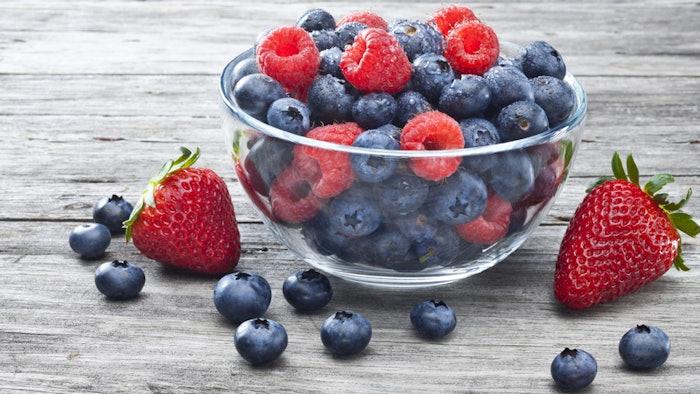
A recent study published in Scientific Reports revealed that consuming a diet including flavanol-rich foods and drinks— including tea, apples and berries—could lead to lower blood pressure. This is the first study using objective measures of thousands of UK residents' diets.
The researchers analyzed the dietary habits of more than 25,000 people in Norfolk, UK, and compared what they ate with their blood pressure. Rather than relying on study participants reporting their diet, the researchers measured flavanol intake objectively using nutritional biomarkers, i.e., indicators of dietary intake, metabolism or nutritional status that are present in the blood.
The difference in blood pressure between those with the lowest flavanol intake and those with the highest was between 2 and 4 mmHg, which the study notes is comparable to blood pressure changes observed in people following Mediterranean or Dietary Approaches to Stop Hypertension (DASH) diets. In fact, the effect was more pronounced in participants with hypertension, and the research team found that the biggest difference was observed in subjects who initially had the highest blood pressure. They suggest that if the general public increased its flavanol intake, there could be an overall reduction in cardiovascular disease.
"What this study gives us is an objective finding about the association between flavanols—found in tea and some fruits—and blood pressure," notes professor Gunter Kuhnle, a nutritionist at the University of Reading who led the study. "This research confirms the results from previous dietary intervention studies and shows that the same results can be achieved with a habitual diet rich in flavanols. In the British diet, the main sources are tea, cocoa, apples and berries."











